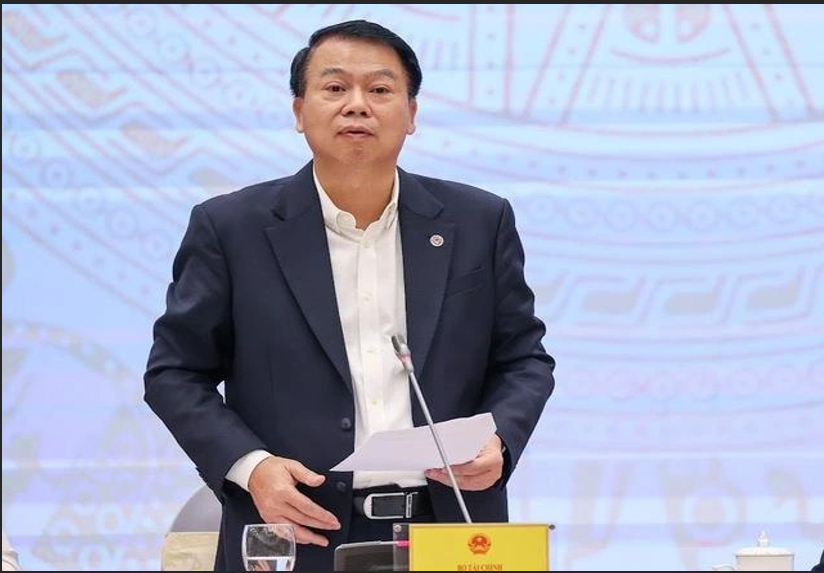Vietnam is making significant strides in the digital economy by launching a pilot program for a regulated cryptocurrency exchange. This initiative is poised to bolster blockchain exports, attract foreign investment, and position Vietnam as a regional hub for digital assets.
A Strategic Move Towards Digital Transformation

Experts discuss their experiences related to operating a centralised cryptocurrency exchange in Việt Nam. — VNS Photo Vũ Hoa
The Vietnamese government’s decision to pilot a cryptocurrency exchange aligns with its broader strategy to embrace digital transformation. The Ministry of Finance has been tasked with developing a legal framework to manage and promote digital assets and currencies, aiming to complete this by March 2025 .
This move is not just about embracing new technology; it’s a calculated effort to integrate blockchain into various socio-economic sectors, supporting the nation’s goal of becoming a stable and prosperous digital nation by 2030 .
SSI Digital Ventures: Fueling Blockchain Innovation

Source: Government News – Socialist Republic of Viet Nam
A significant player in this initiative is SSI Digital Ventures, which has launched a $200 million fund dedicated to supporting blockchain and AI projects, particularly those originating from Vietnam . This fund aims to provide financial resources, strategic guidance, and favorable conditions for young businesses to thrive, contributing to enhancing Vietnam’s position in the global digital transformation ecosystem .
SSI Digital has also prepared over 200 specialized personnel, invested in infrastructure and software, and established partnerships with international players and custodians to operate a virtual asset trading platform .
Regulatory Framework and Capital Requirements
To ensure the stability and security of the emerging digital asset market, the Vietnamese government has proposed stringent capital requirements for businesses seeking to provide virtual asset exchange services. A draft resolution mandates that companies must have at least $400 million in charter capital, with specific stipulations on the composition of this capital .
These measures aim to ensure that virtual asset service providers have the necessary financial capacity to manage risks, maintain liquidity, and operate effectively in a regulated environment.
International Collaborations and Technological Advancements
Vietnam’s approach to developing its digital asset market includes international collaborations. For instance, the government has partnered with Bybit to provide technical support for the national crypto exchange pilot program . Such collaborations are instrumental in integrating global best practices and technologies into Vietnam’s digital asset infrastructure.
Additionally, the launch of the 1Matrix blockchain network marks a significant step in Vietnam’s journey from being a technology adopter to becoming a creator and global player in the blockchain space .
Also Read:Paul Atkins Champions Clear Crypto Regulation in the U.S.
Economic Implications and Future Outlook
The establishment of a regulated virtual asset exchange is expected to have far-reaching economic implications. It will provide a platform for domestic blockchain projects to access international markets, potentially increasing foreign currency earnings and boosting the country’s digital technology exports .
Vietnam’s digital economy market is projected to reach approximately $45 billion by 2025, with expectations to grow between $90 billion to $200 billion by 2030 . The integration of blockchain technology and the development of a regulated digital asset market are poised to contribute significantly to this growth trajectory.
Conclusion
Vietnam’s pilot program for a regulated cryptocurrency exchange represents a strategic move to integrate blockchain technology into its economic framework. Through substantial investments, stringent regulatory measures, and international collaborations, Vietnam is positioning itself as a regional leader in the digital asset space. As the legal framework solidifies and the pilot program progresses, the country is set to unlock new avenues for economic growth and innovation in the digital era.

